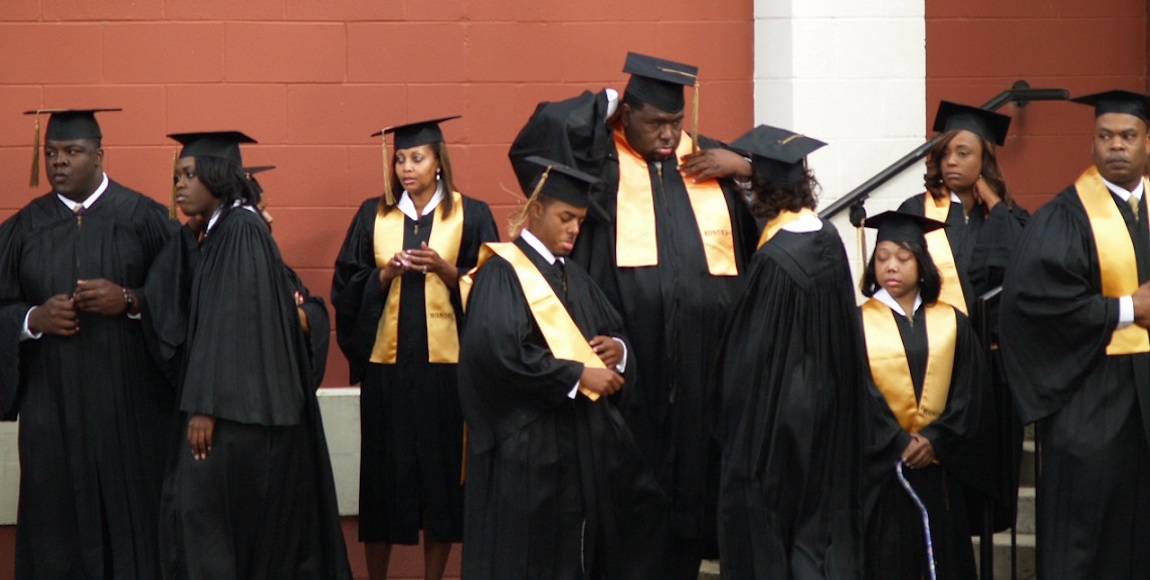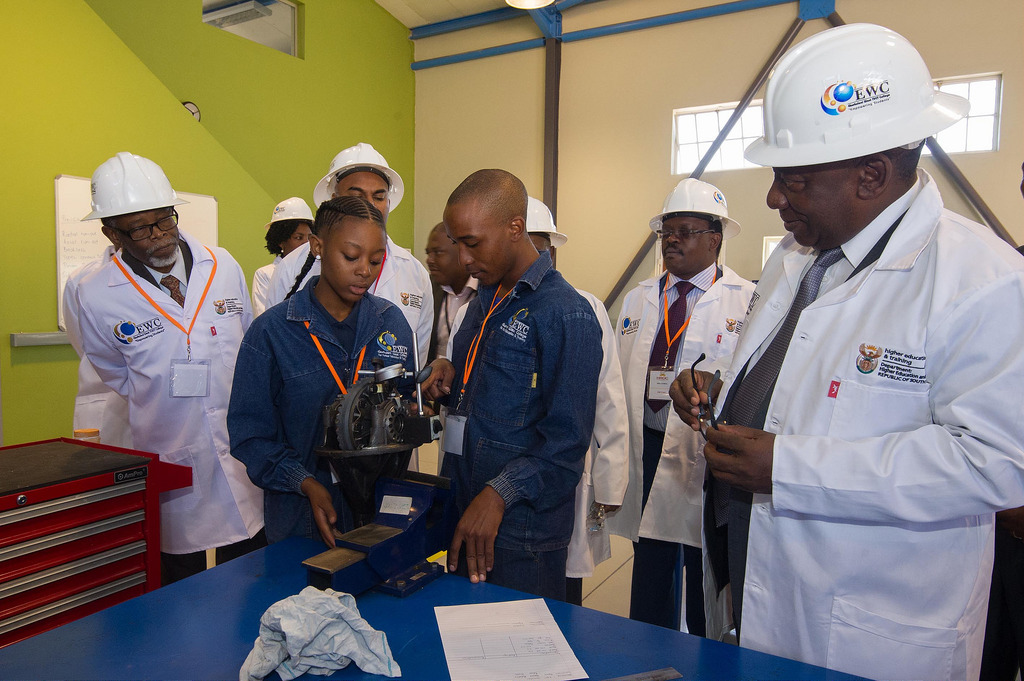Four universities – Unisa, Walter Sisulu University (WSU), North West University (NWU) and the University of the Free State (UFS) – have failed to fully meet the LLB qualification standards as set out by the Council on Higher Education (CHE). But students don’t need to panic about their qualifications just yet. The Daily Vox takes a closer look.
CHE conducted its first national LLB curriculum assessment of 17 law schools in 2016 to evaluate whether or not the universities met the curriculum criteria set out by the Department of Higher Education. The assessment comprised of three categories:
i) meeting the deputy vice chancellors, curriculum programme coordinators, deans and head of schools;
ii) interviewing staff members, students and alumni; and
iii) assessing learning equipment and infrastructure of the institutions.
Director of the CHE’s national standards and review unit, Olivia Mokgatle, says the CHE identified different deficiencies in all four of these universities, but that they had met most of the requirements in the assessment. Mokgale adds that there is no risk of the universities losing their LLB accreditation but says that the universities were advised by the Council to address the shortages, in order to improve their quality of education and to keep up with the market demand of qualified law graduates.
“There are no risks involved in the universities not meeting all of the requirements upon assessment. The importance of all of this [assessment] is to improve [universities] and not to remove. That’s not what we do at CHE,†she says. Mokgatle adds that the universities were issued a six-month notice to provide the Council with a strategy plan to address the identified shortages.
Walter Sisulu University
WSU’s head of communication, Yonela Tukwayo, says that the university failed to meet two requirements under learning equipment and infrastructure. The CHE recommended that the university hire more PhD lecturers and fix sub-par learning venues and computer centres. “Our LLB faculty is in uMthatha and because uMthatha is a rural town, people do not want to move to a rural town.†Tukwayo says the university applied for grant funding from the government to help address the issue of poor infrastructure and skills development, and are said to receive R180 million. The university also confirmed that it will be able to provide the CHE with a solid strategy plan by the mid-October deadline.
University of the Free State
UFS issued a press statement explaining that the CHE’s primary concern with the university’s curriculum is the number of credits required from law students to graduate. The report concluded that the university’s law programme was “too overloaded†for a four-year programme. This, according to the university, is because their LLB programme is currently being restructured. They will issue the CHE with a strategy plan by mid-October.
UNISA and NWU were unavailable for comment.
How will students be affected by a withdrawal of LLB accreditation?
Mokgatle says that it is highly unlikely for a university to lose its accreditation and students will not be affected by the CHE’s assessment in any manner.
“This will not disrupt the studies of the students at all. In the remote event that a university’s accreditation is withdrawn, we recognise that there are students enrolled, called pipeline students. So those students will have to be taken care of and made sure that they graduate. Even in that instance, we ask [the university] for another plan showing how you are planning on making sure that the students currently enrolled do graduate,†she says.
Mokgatle also says that enrolled at these universities would also be able to transfer their credits to other universities and continue with their law studies.









